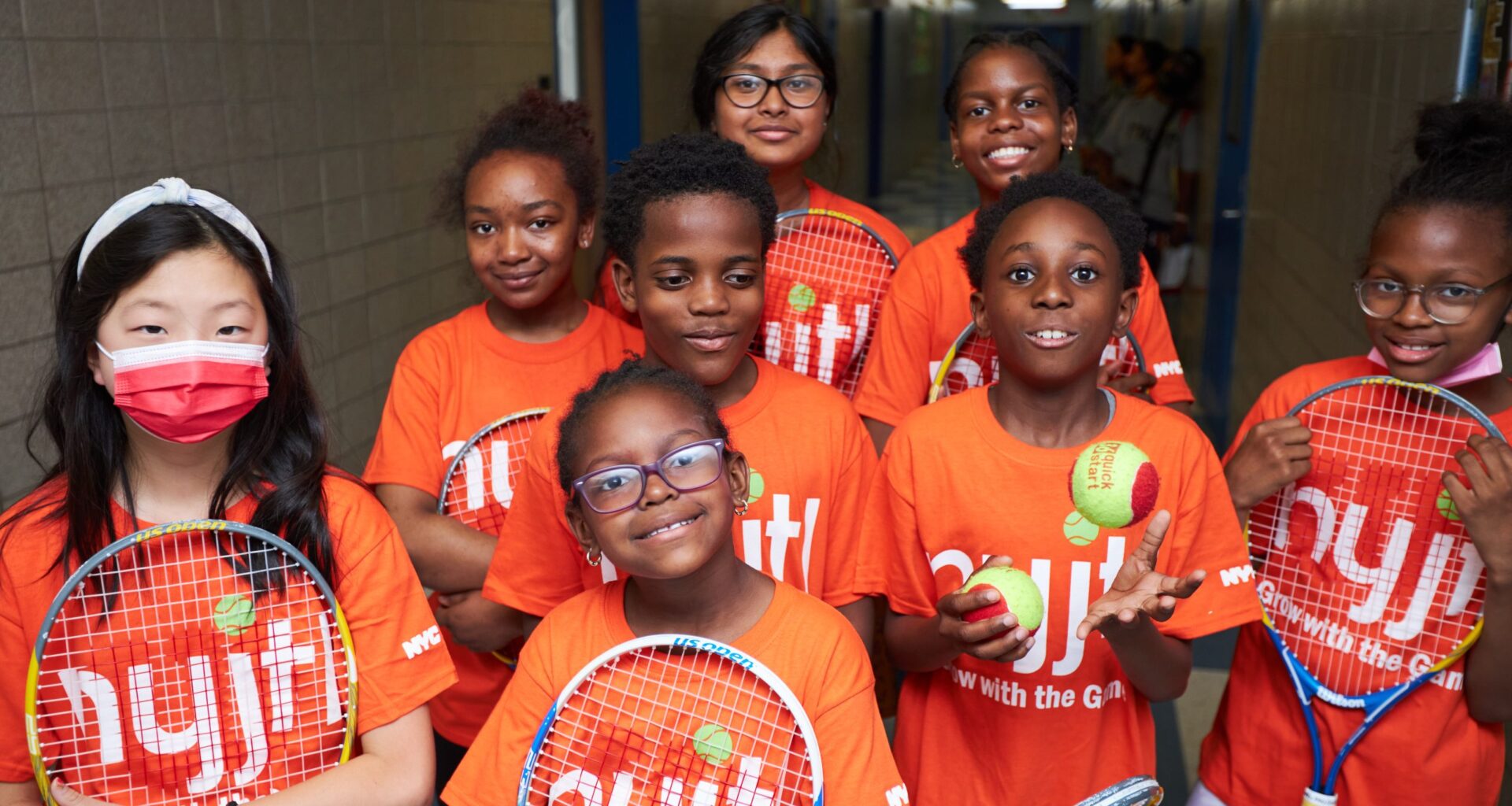As the recent U.S. Open showed, the sport of tennis has become increasingly diverse over the past two decades, but there is still considerable room for growth in making the sport accessible. The USTA (United States Tennis Association) Foundation recently launched the Community Impact Hub initiative in 10 communities across the country. The goal is to grow the game in under-resourced communities and include educational opportunities along with tennis.
This initiative is projected to reach over 630,000 young people and families, implement new youth tennis programming in over 570 schools, refurbish at least 160 tennis courts, and recruit over 2,000 new coaches in participating communities by the end of 2027. Some programs will use red balls — a tennis ball used in beginner programs — which allows small courts to be set up in school gyms and operate year-round. New York Junior Tennis & Learning (NYJTL) is among the 10 community-based organizations that are part of the USTA Foundation’s National Junior Tennis & Learning (NJTL) network.
“These are communities where tennis has traditionally been challenging to access,” said USTA Foundation CEO Ginny Ehrlich. “We created the Community Impact Hub model to create an ecosystem that makes it easy to play and then, as a result, reap all the benefits that we know tennis brings us on and off the court.”
The NJTL network was created in 1969 by Arthur Ashe, Charlie Pasarell, and Sheridan Snyder to impact young people. This initiative allows existing programs like NYJTL to expand the work they’ve done for years.
“We want to make sure that when the families catch that tennis bug, there are places within their community to play tennis,” said Ehrlich. “That’s why we’re redoubling efforts to revitalize courts in these communities. We want to make sure that we have trained coaches who are trained not only to teach tennis but also to be mentors to these young people. In the process of that, we hope that provides more job opportunities.”
NYJTL runs tennis and academic programming across the five boroughs and has a home base in the Bronx, the Cary Leeds Center. “We’re going to be able to go into more schools, hire and train more coaches, improve the facilities, and the fourth piece is family engagement, intergenerational support,” said Udai Tambar, NYJTL president and CEO. “For us, what’s exciting about being in the hub is the sum is…it’s going to allow us to scale with quality.”
Like this:
Like Loading…
Related

